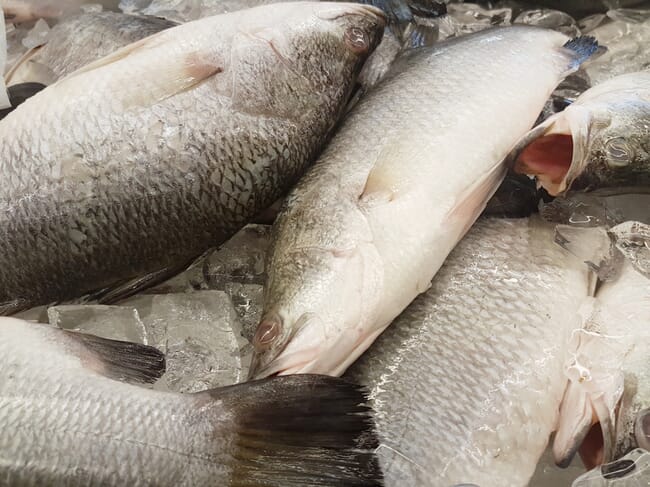The land-based farm, at a site in Kapshagai, is projected to cost $157 million and create 300 jobs, according to a press release from the Kazakh Ministry of Ecology, Geology and Natural Resources.
The first phase of the project, from now until 2022, aims to produce 1,000 tonnes of the fish, while the second – which aims to bring the total up to 10,000 tonnes – would take place over the following two years, according to the chair of the Fisheries Committee of the Ministry of Ecology, Geology and Natural Resources, Nariman Zhunussov.

The ambitious barramundi project is part of the Kazakh government’s plans to increase the country’s fish output from 9,000 to 270,000 tonnes per year by 2030.
Aquaculture – both in reservoirs and land-based systems – is slated to provide a significant part of this increase for the landlocked Central Asian state.
At the launch of the new barramundi complex, Kazakh Minister of Ecology, Geology and Natural Resources, Magzum Mirzagaliyev, indicated that land-based RAS farms would play a key role.



